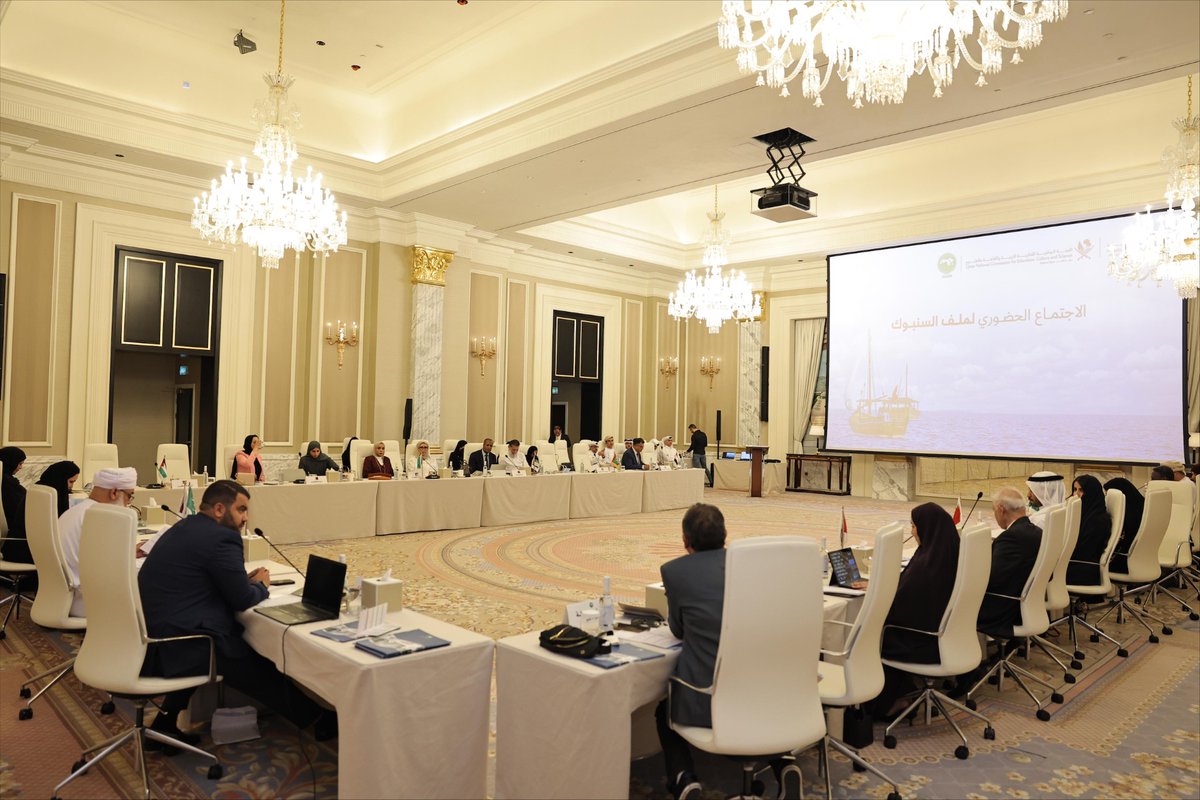The Ministry of Culture in Qatar recently began its first in-person meeting to nominate the Sanbuk, a traditional wooden dhow, for inclusion on the Unesco Intangible Cultural Heritage List. This five-day meeting, organized in collaboration with the Qatar National Commission for Education, Culture and Science and Alecso, aims to gather the necessary data for the nomination process. The meeting is attended by experts and enthusiasts from various Arab countries who are working together to prepare the nomination file according to Unesco’s guidelines.
Sheikha Najla bint Faisal Al Thani, Director of Heritage and Identity at the Ministry of Culture, emphasized the importance of joint Arab action in promoting intangible cultural heritage. She highlighted the significance of preserving the Sanbuk, a vital aspect of Qatar’s heritage, and the shared heritage of the GCC states and Arab countries. She also mentioned that this is the second nomination file led by Qatar, following the successful Bisht nomination, and expressed pride in the country’s cultural heritage.
Ali Abdulrazzaq Al Marafi, Secretary-General of the Qatar National Commission for Education, Culture and Science, described the Sanbuk as a representation of Qatar’s history and culture, as well as that of the Gulf countries. He highlighted the unique design of the Sanbuk, which made it an essential mode of transportation and fishing, particularly for pearl diving. Al Marafi also mentioned Qatar’s success in preparing the Bisht nomination file and expressed confidence in the country’s ability to present the Sanbuk nomination with the same level of distinction.
Dr. Hamid bin Saif Al Nofali, Director of Culture Department at Alecso, commended Qatar’s initiative in nominating the Sanbuk for inclusion on the Unesco Intangible Cultural Heritage List. He expressed gratitude to the Arab countries that have shown commitment and cooperation in the nomination process, as well as to the experts and coordinators involved. The meeting featured speakers from several Arab countries, both in person and virtually, highlighting the widespread interest and support for preserving the Sanbuk and other aspects of Arab cultural heritage.
Overall, the nomination of the Sanbuk for inclusion on the Unesco Intangible Cultural Heritage List reflects the dedication of Arab countries to preserving and promoting their shared cultural heritage. The meeting organized by the Ministry of Culture, in collaboration with various institutions, demonstrates the importance of collaboration in safeguarding traditions and practices that are integral to the identity of the region. With the support of experts and enthusiasts from across Arab countries, the nomination process for the Sanbuk is expected to highlight its significance and contribute to its preservation for future generations.











